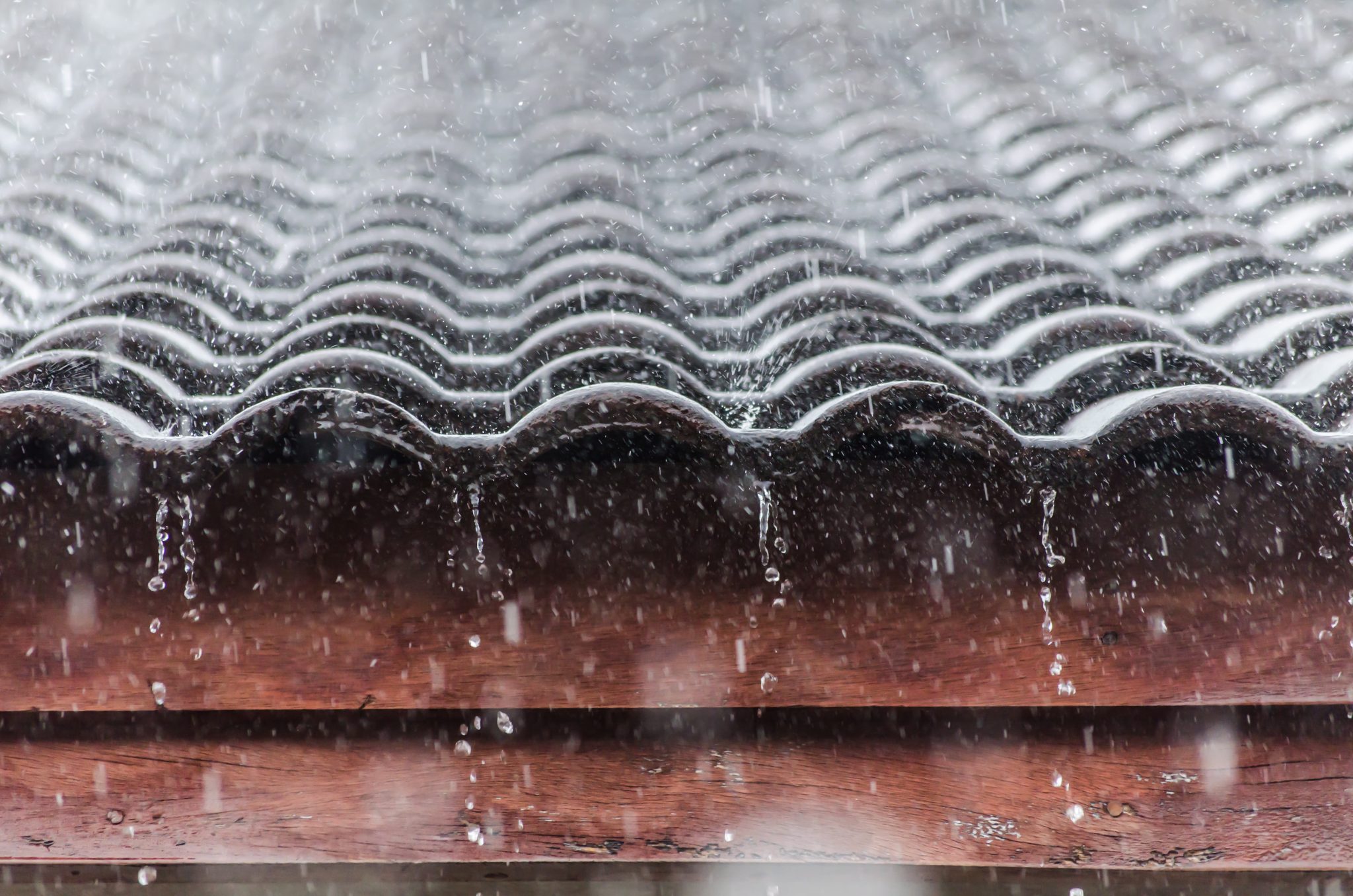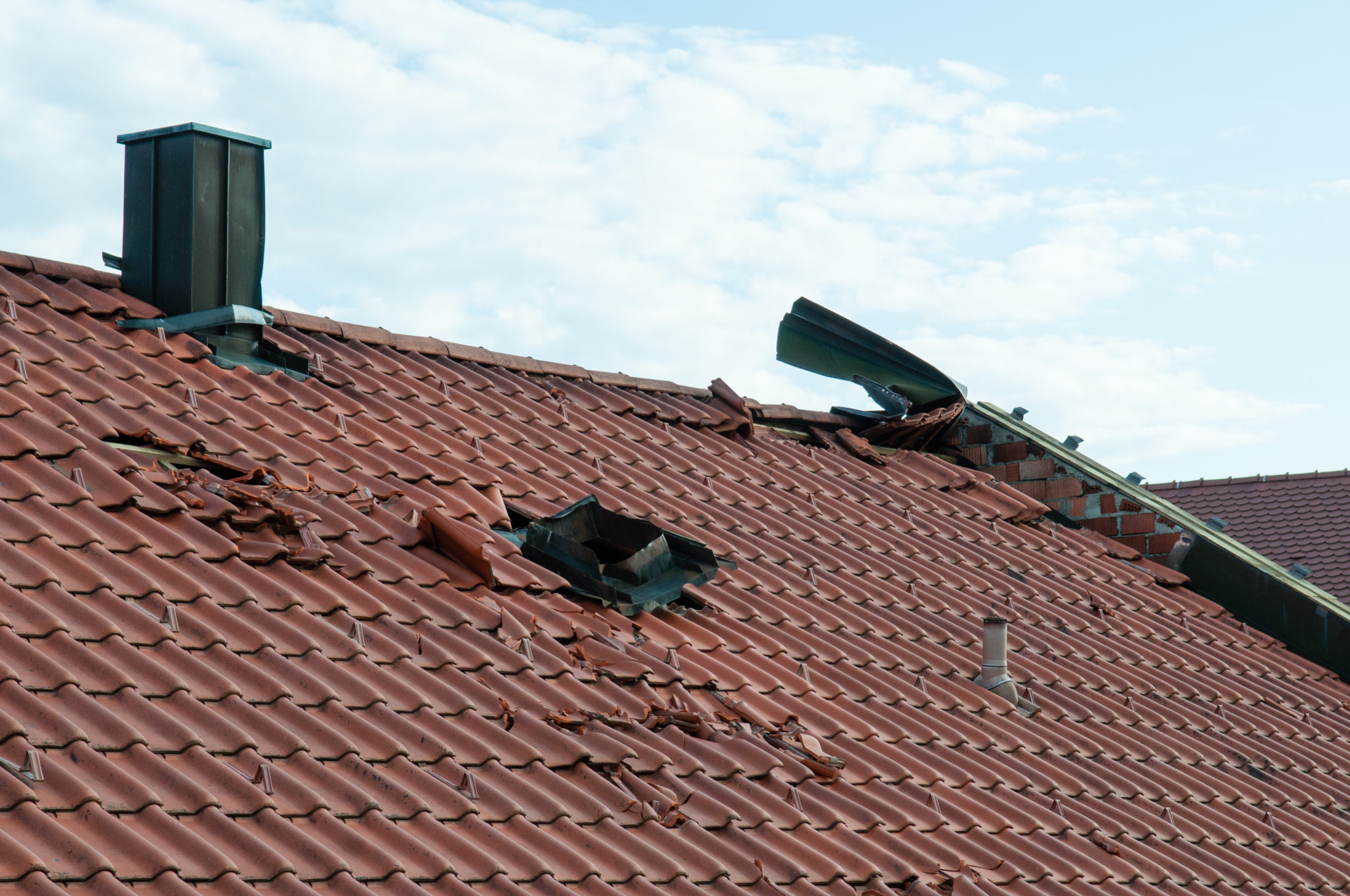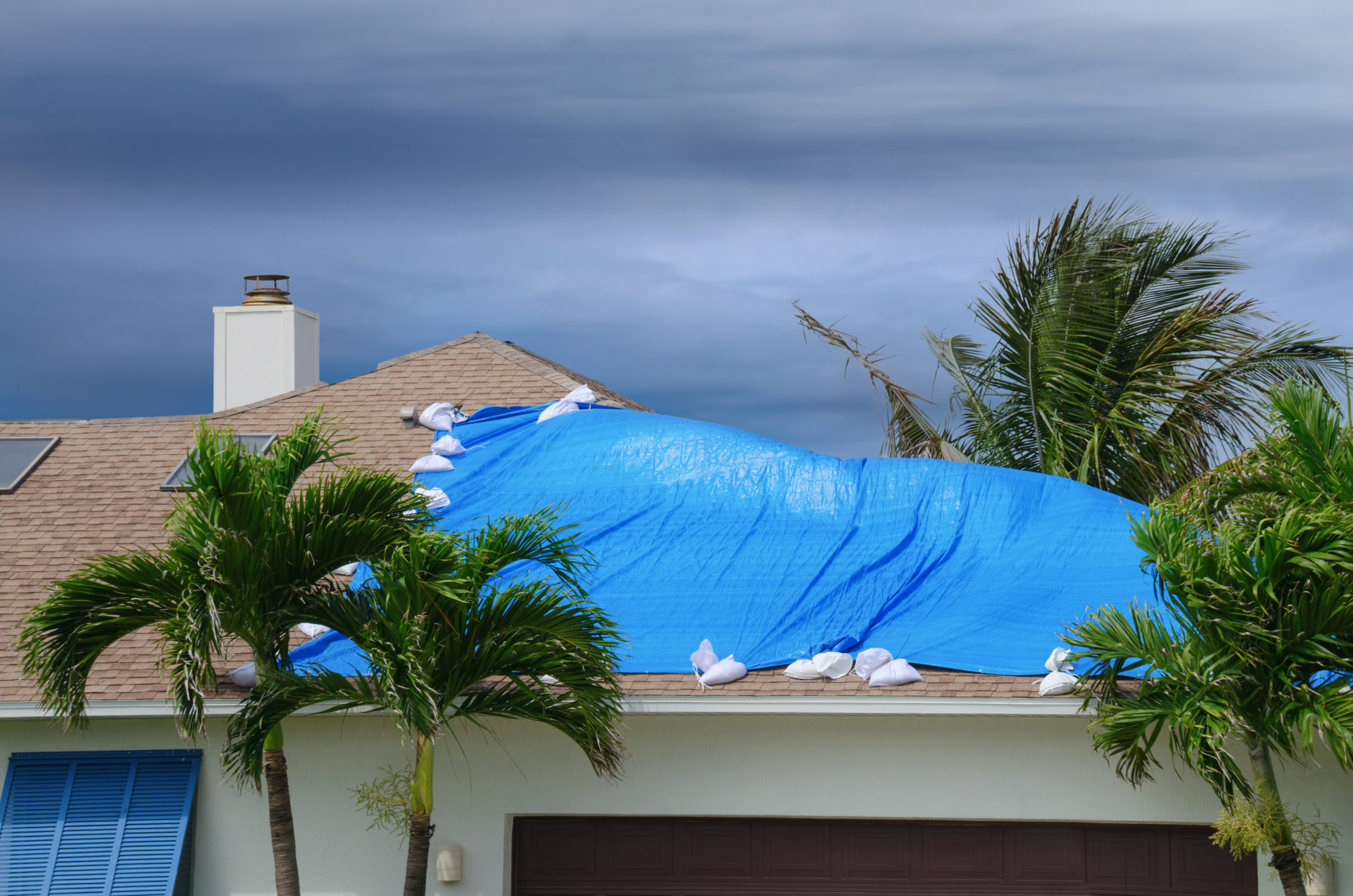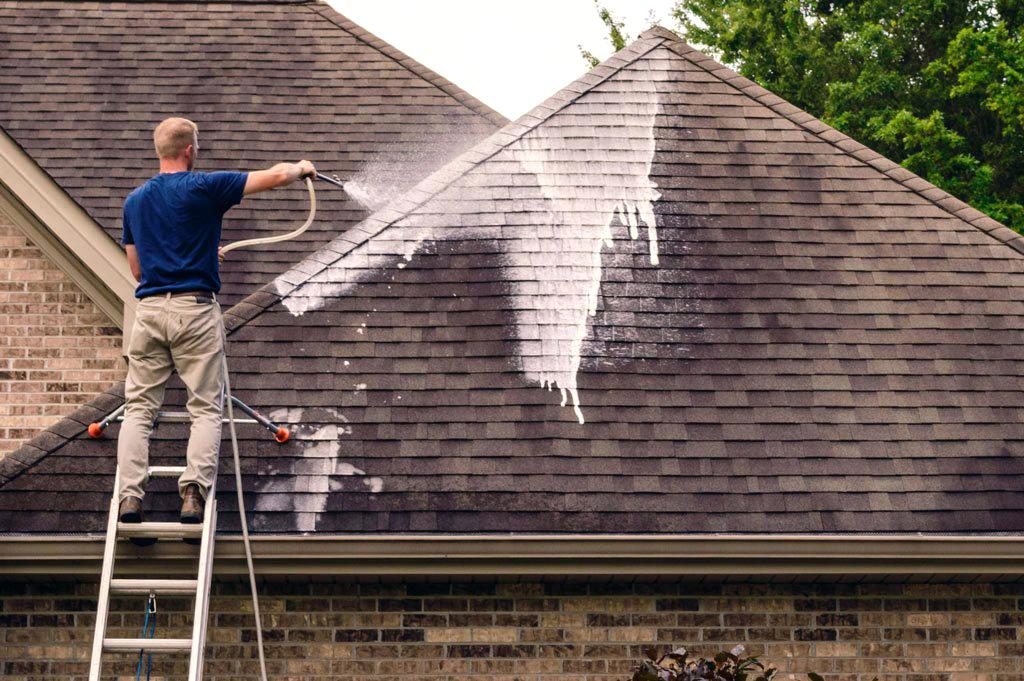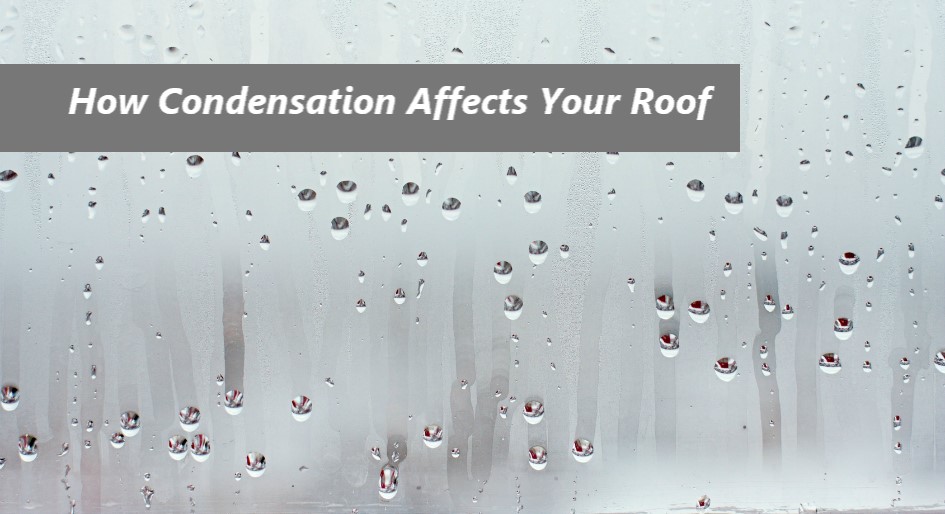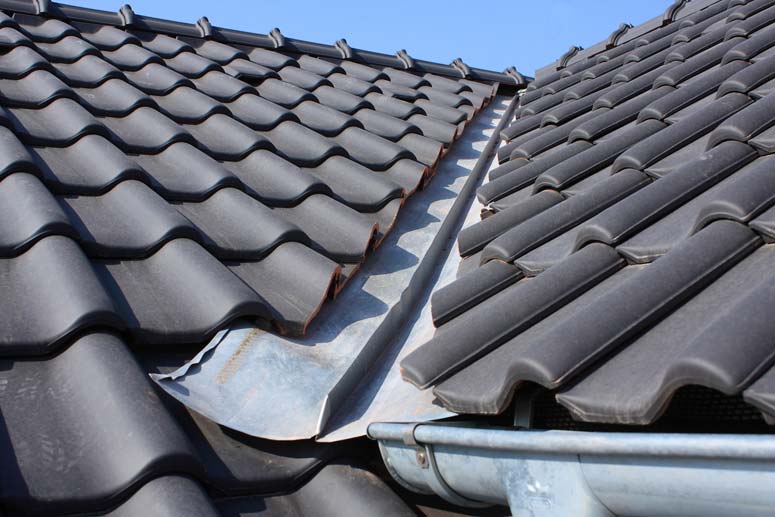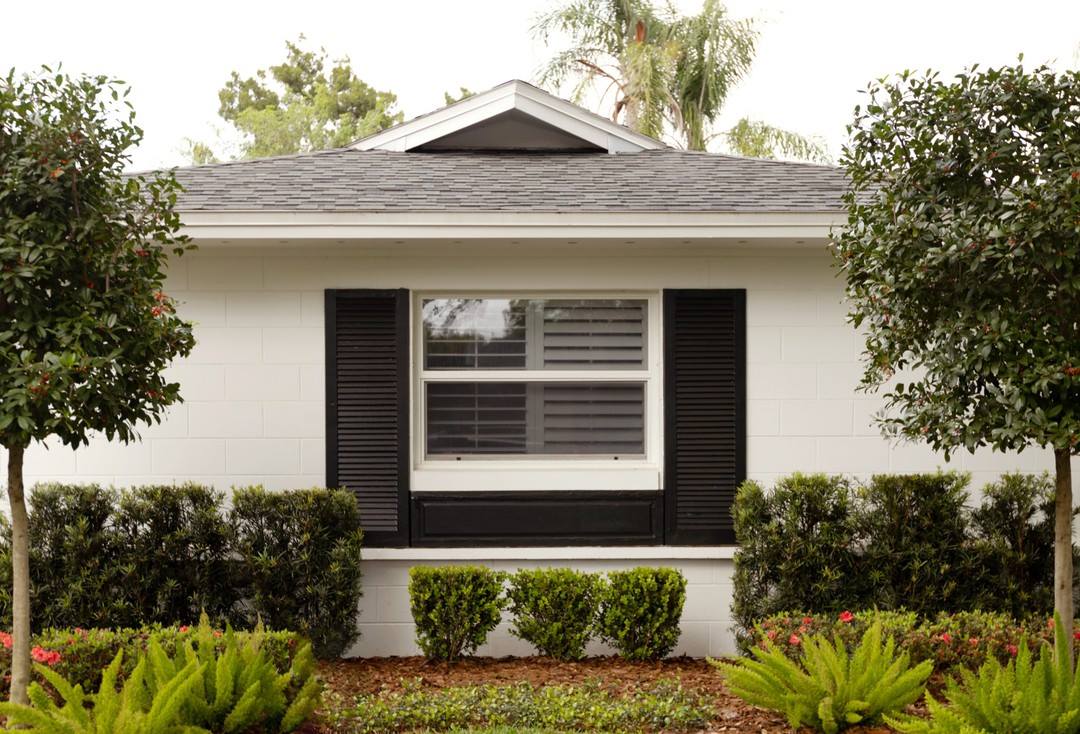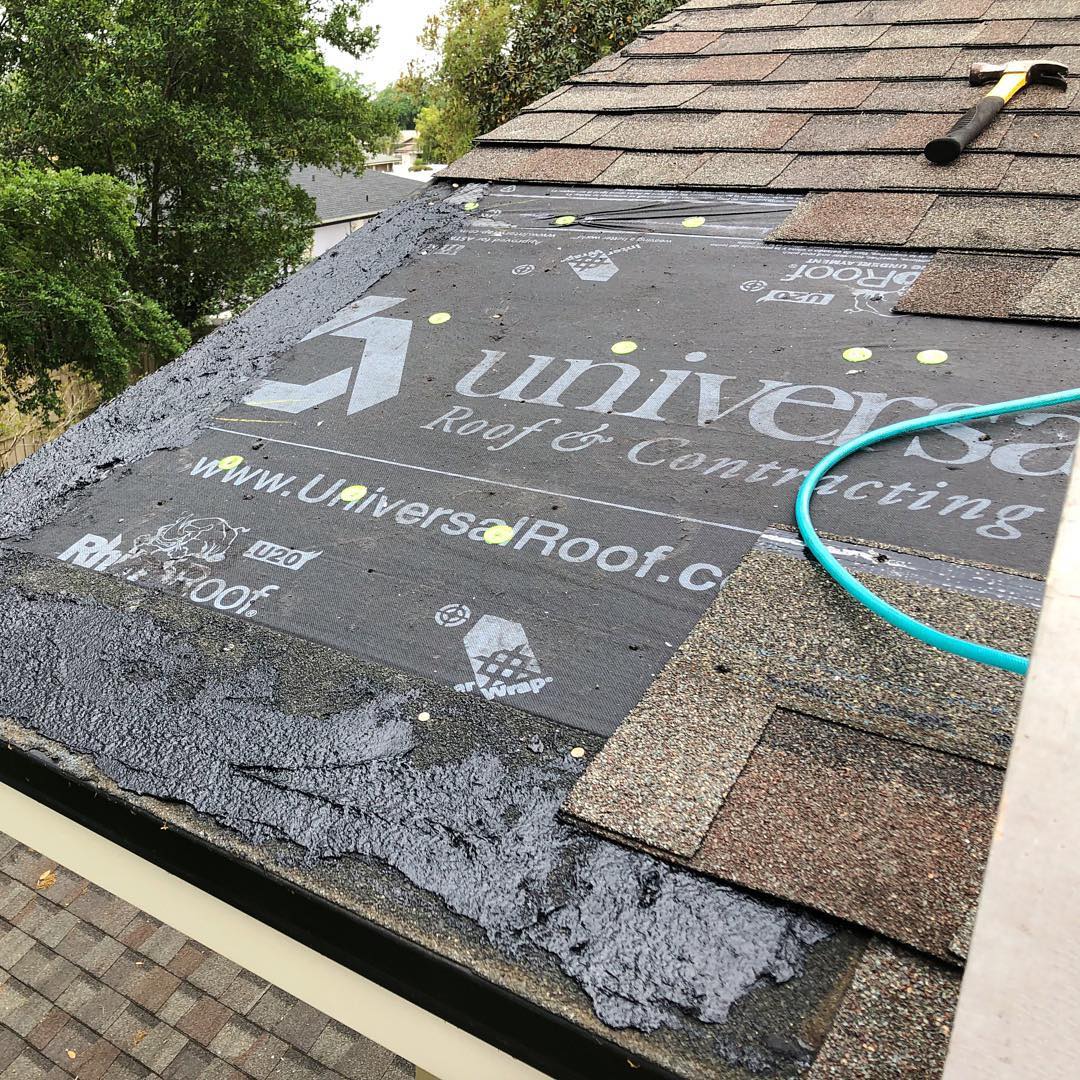05 Jan 3 Tips for Preparing Your Roof for Storm Season
Nobody wants to undergo the inherent stress of having to repair a hurricane-damaged roof. Not only can repairs displace you, but the surrounding damage may pose a danger to the safety of you and your loved ones, making it a precarious situation to tackle in...




